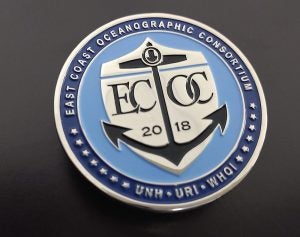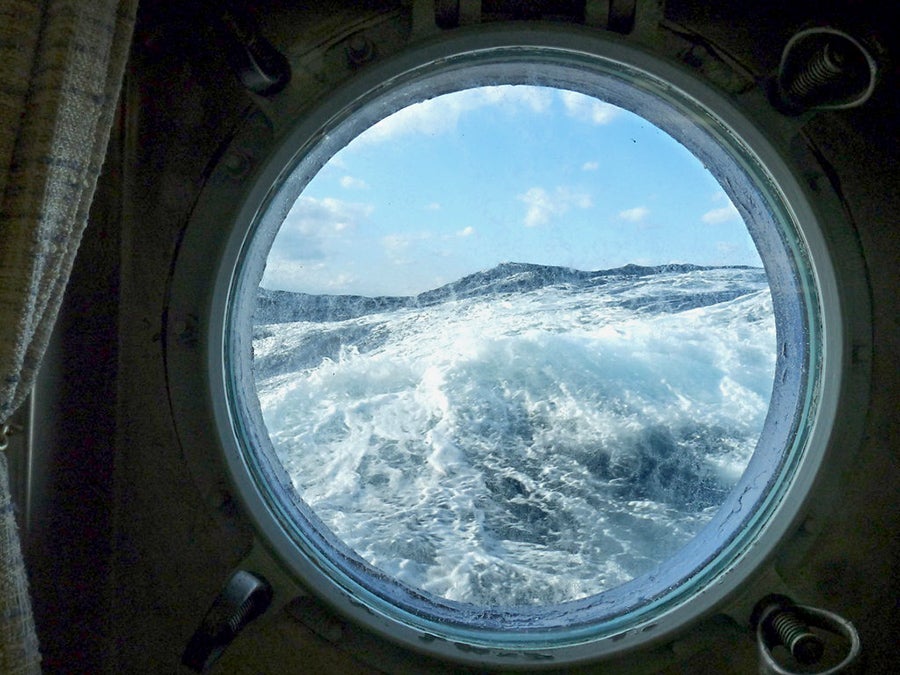In pursuit of knowledge
The science tool kit used by oceanographers has evolved dramatically in the past few decades. Sophisticated devices (acoustics, optical sensors, video, high-speed data links, specialized nets and corers) are routinely deployed by ships and on robotic vehicles. Scientists are constantly innovating, upgrading their methods, and thirsting for the data that only the latest instrumentation can acquire. The design of R/V Narragansett Dawn responds to this evolution and enhances research on current and emerging coastal-science themes.
The role of the National Science Foundation (NSF)
The NSF is funding construction and operation of the three new regional class research vessels, including Narragansett Dawn, to join the U.S. Academic Research Fleet. The NSF’s Division of Ocean Sciences supports research, infrastructure, and education to advance understanding of all aspects of the global oceans and ocean basins, including their interactions with people and the integrated Earth system. The NSF supports and promotes collaboration and facilitates development of a diverse scientific and educational community, including international efforts. The Division works with the U.S. ocean sciences academic community to direct funding towards advancing the frontiers of knowledge, developing the next generation of researchers, and enhancing the public’s understanding of ocean sciences.
Uninterrupted Service
As Narragansett Dawn is being built, R/V Endeavor remains an active member of the U.S. Academic Research Fleet and calls Narragansett, R.I., its home port. Endeavor is owned by the NSF, operated by GSO, and scheduled by the University-National Oceanographic Laboratory System.
About UNOLS
The University-National Oceanographic Laboratory System (UNOLS) is a consortium of sixty-one U.S. academic institutions and facilities (including URI) with research and educational programs in the ocean sciences. Of these institutions, there are fifteen organizations (including GSO) that operate the twenty oceanographic research ships which form the U.S. Academic Research Fleet (ARF).
UNOLS coordinates and schedules vessels in the ARF, determines near-term goals for ocean science, and identifies the scientific infrastructure needed.
To meet the future challenges of marine science, UNOLS convenes a broad community:
- scientists, students, ocean engineers and technicians
- academic research institutions and their federal partners
- early-career scientists, the next generation of oceanographers.
Narragansett Dawn‘s Operating Institution
 In July 2018, the NSF selected the East Coast Oceanographic Consortium (ECOC) to operate Narragansett Dawn. The Consortium is based at GSO and URI’s Narragansett Bay Campus.
In July 2018, the NSF selected the East Coast Oceanographic Consortium (ECOC) to operate Narragansett Dawn. The Consortium is based at GSO and URI’s Narragansett Bay Campus.

